Search
Search within Middle East and North Africa
58 results found
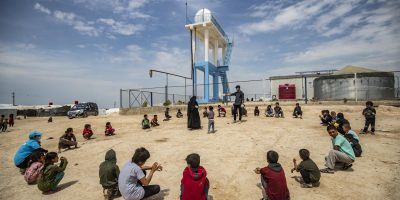
Briefings
Operational Considerations: COVID-19 and Forced Displacement in the Middle East and East Africa arfrsw
Summary including collaborating with local groups and adopting holistic approaches.
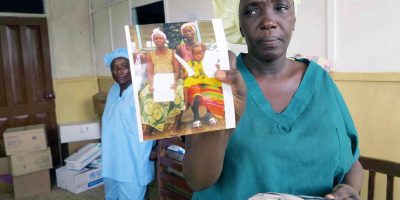
Background Reports
The One Health Approach to Identify Knowledge, Attitudes and Practices that affect Community Involvement in the Control of Rift Valley Fever Outbreaks
Rift Valley Fever (RVF) is a viral mosquito-borne disease with the potential for global expansion, causes hemorrhagic fever, and has a high case fatality rate in young animals and in humans. Using a cross-sectional community-based study design, we investigated the…
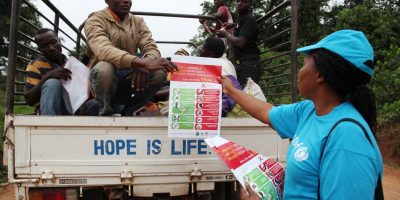
Background Reports
Epidemics and the Politics of Knowledge: Contested Narratives and Pathways in H1N1 Response
This article explores the politics of knowledge involved in understanding and responding to epidemics in an era of global health governance and biosecurity. It develops and applies an approach focused on how multiple, competing narratives about epidemics are constructed, mobilized…
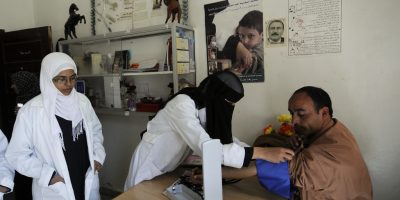
Background Reports
“It feels like I’m the dirtiest person in the world.”: Exploring the Experiences of Healthcare Providers who Survived MERS-CoV in Saudi Arabia
In summer 2015, a Saudi 1000-bed tertiary care hospital experienced a serious outbreak among patients of Middle Eastern Respiratory Syndrome (MERS); during which, some healthcare providers contracted the virus, but none died. The outbreak provoked not only fear and stress;…
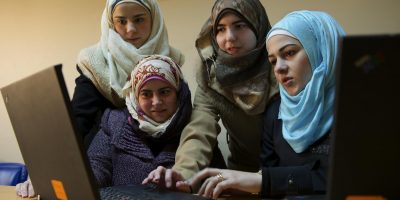
Evidence Reviews
Women and Girls Safe Spaces – A Guidance Note Based on Lessons Learned from the Syrian Crisis
The creation of women and girls safe spaces (WGSS) has emerged as a key strategy for the protection and empowerment of women and girls affected by the Syrian crisis. This document provides an overview of what safe spaces are and…
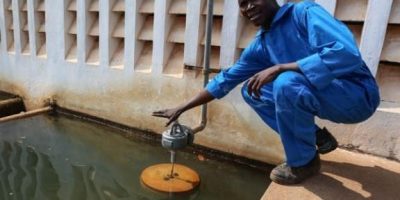
Foresight Papers
Water-Borne Cholera Outbreak in East Africa and the Middle East
Doctors are concerned that an outbreak of cholera, which began in 2015 and spread throughout east Africa and the Middle East, threatens to worsen with the upcoming rainy season.
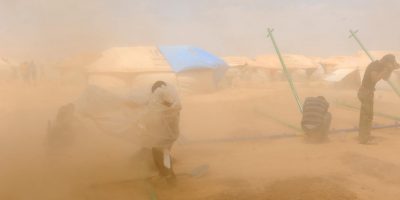
Briefings
Sand and Dust Storms Fact Sheet
Sand and dust storms are a global environmental problem that affects the health and livelihoods of millions of people across the world. These storms, which have increased in frequency, intensity and geographical range in recent decades, have an immense impact…
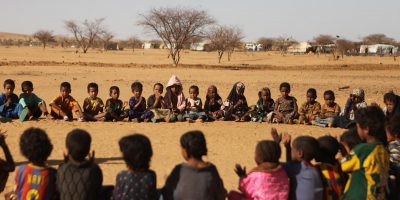
Background Reports
Health through People’s Empowerment: A Rights-Based Approach to Participation
Analysis of the academic discourse on participation, empowerment, and the right to health since the 1978 Alma-Ata International Conference on Primary Health Care and the subsequent Alma-Ata Declaration shows that each phase of the evolution of these concepts added important…

Evidence Reviews
Measuring the Quality and Performance of Healthcare Providers in Conflict Settings
The purpose of the review was to provide a summary of possible indicators which might be used to measure the performance and quality of healthcare in conflict-affected settings. There is considerable guidance on measuring access, availability and quantity of health…

Evidence Reviews
A Devastating Toll: the Impact of Three Years of War on the Health of Syria’s Children
Syria’s shattered health system is forcing health workers to engage in brutal medical practices and a series of epidemics have left millions of children exposed to a plethora of deadly diseases. This report sheds light on a broken health system…


